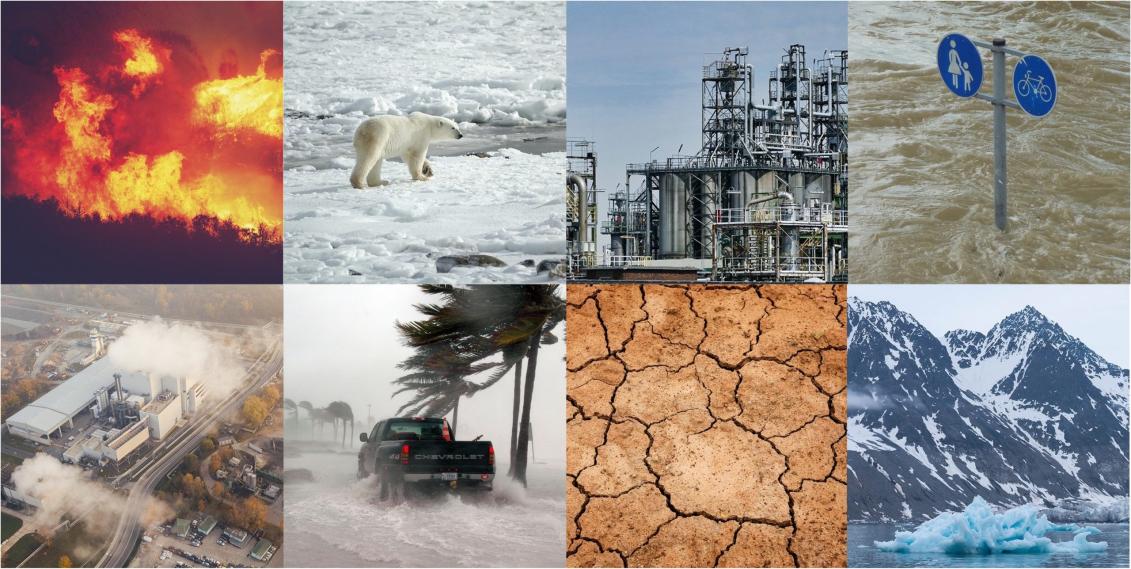What Are the Challenges to Using Satellite Data to Study Climate Change?
Satellite data plays a crucial role in climate change studies, providing valuable information about various aspects of the Earth's climate system. However, there are numerous challenges associated with using satellite data for climate change research, which can hinder the accuracy and reliability of the results.

Challenges In Data Acquisition
Limited Temporal Resolution:
- Satellite observations are often infrequent, leading to data gaps that can impact the ability to capture rapid climate changes.
- Phenomena such as extreme weather events, seasonal variations, and short-term climate fluctuations may be missed due to the limited temporal resolution of satellite data.
Incomplete Spatial Coverage:
- Satellite data does not provide complete global coverage, resulting in data gaps over certain regions, particularly in remote or inaccessible areas.
- Data gaps can hinder the analysis of regional and global climate patterns, as well as the identification of long-term climate trends.
Data Continuity And Consistency:
- Maintaining consistent data records over long periods is a challenge due to changes in satellite sensors, orbits, and calibration procedures.
- Inconsistent data records can lead to biases and uncertainties in climate change analysis, making it difficult to detect and attribute long-term climate trends.
Challenges In Data Processing
Data Volume And Complexity:
- Satellite data is generated in massive volumes, making processing and analysis computationally demanding.
- Handling large datasets and extracting meaningful information can be challenging, requiring specialized computing resources and expertise.
Data Quality And Uncertainty:
- Satellite data can contain noise, errors, and uncertainties due to factors such as sensor calibration, atmospheric conditions, and data transmission issues.
- Data quality control and uncertainty quantification are essential to ensure the reliability and accuracy of climate change research results.
Intercalibration And Harmonization:
- Combining data from different satellites and sensors can be challenging due to differences in their characteristics and calibration procedures.
- Intercalibration and harmonization techniques are required to ensure data consistency and comparability, enabling the integration of data from multiple sources.
Challenges In Data Interpretation
Model-Data Fusion:
- Integrating satellite data with climate models is a complex task, requiring advanced data assimilation techniques to improve model accuracy and predictions.
- Challenges include representing the complex interactions between different components of the climate system and accounting for uncertainties in both satellite data and model simulations.
Attribution Of Climate Change Signals:
- Attributing observed climate changes to specific causes, such as natural variability or human activities, is a challenging task.
- Careful analysis and statistical methods are required to identify and quantify human-induced climate signals, distinguishing them from natural climate variability.
The challenges associated with using satellite data for climate change studies are significant and can impact the accuracy and reliability of research findings. Addressing these challenges requires ongoing efforts in data acquisition, processing, and interpretation. By overcoming these challenges, scientists can improve the quality and utility of satellite data, leading to a better understanding of climate change and its impacts.
Potential solutions and future directions include advancements in satellite technology, improved data processing algorithms, and the development of more sophisticated climate models. Collaboration among scientists, data providers, and policymakers is also essential to ensure that satellite data is effectively utilized to inform climate change research and policy decisions.
YesNo

Leave a Reply